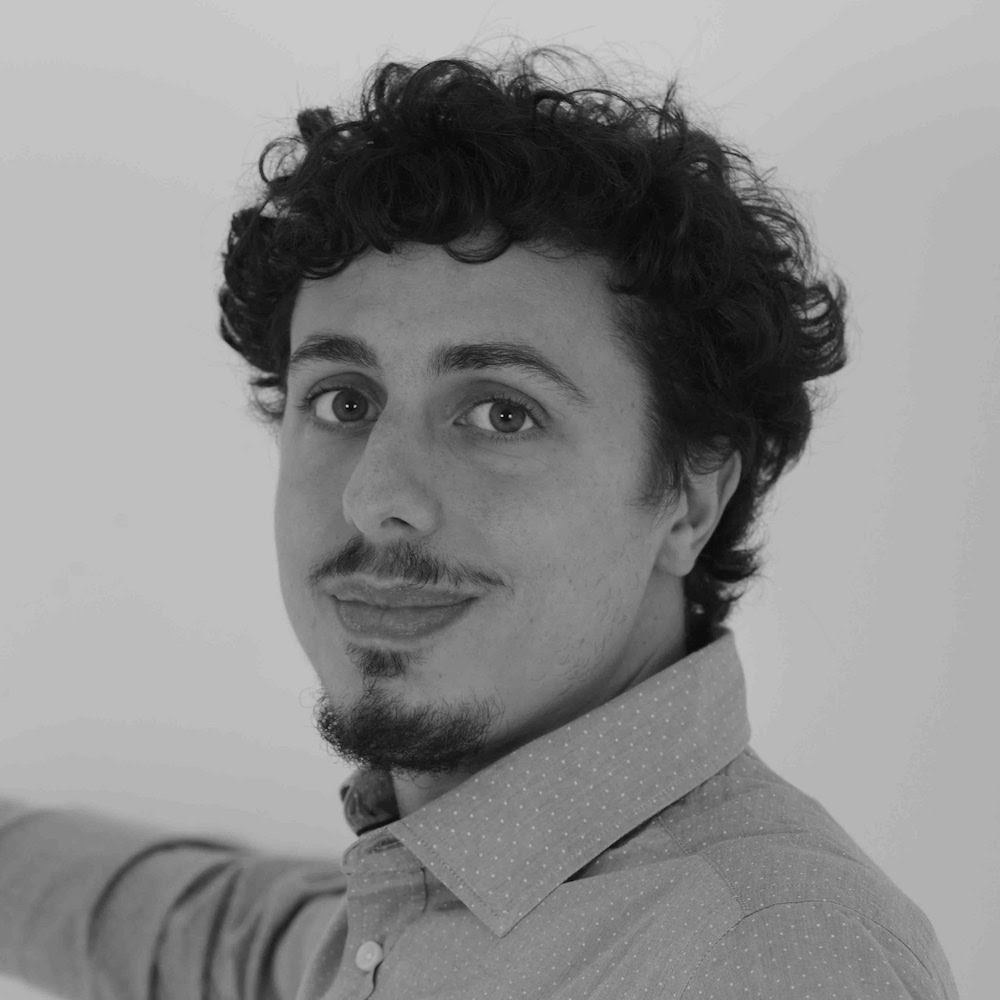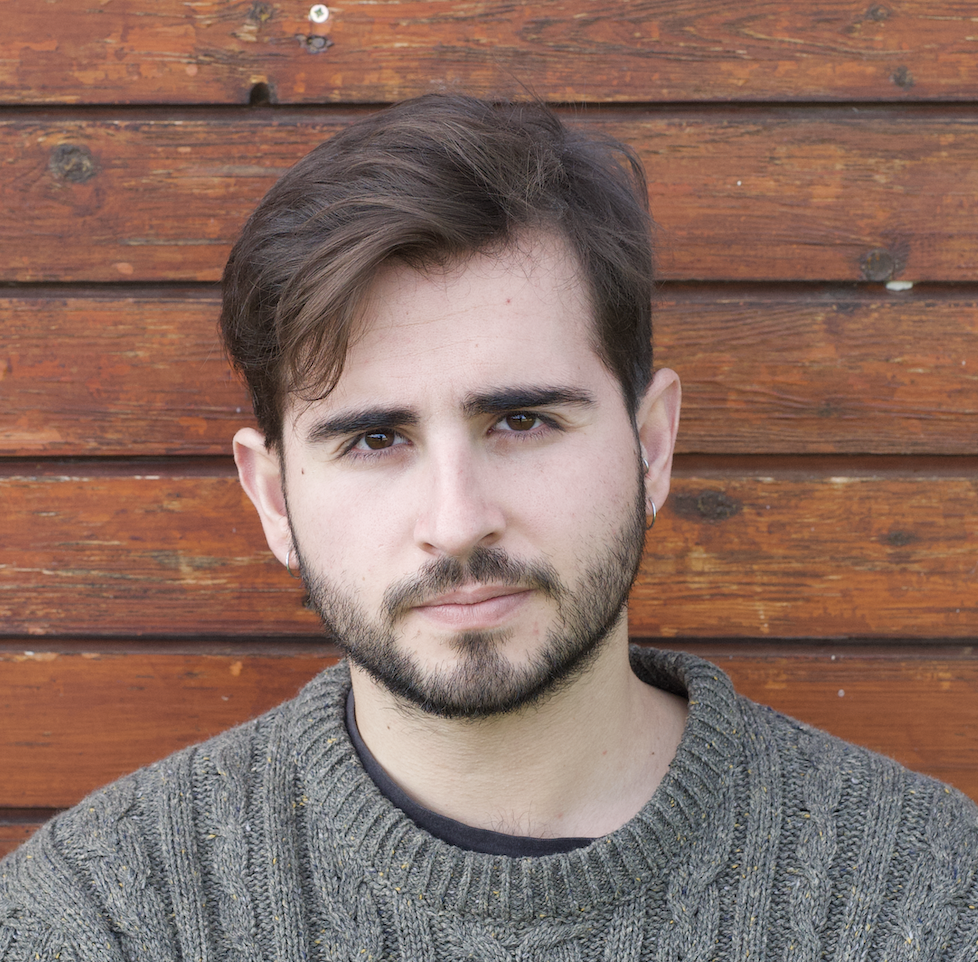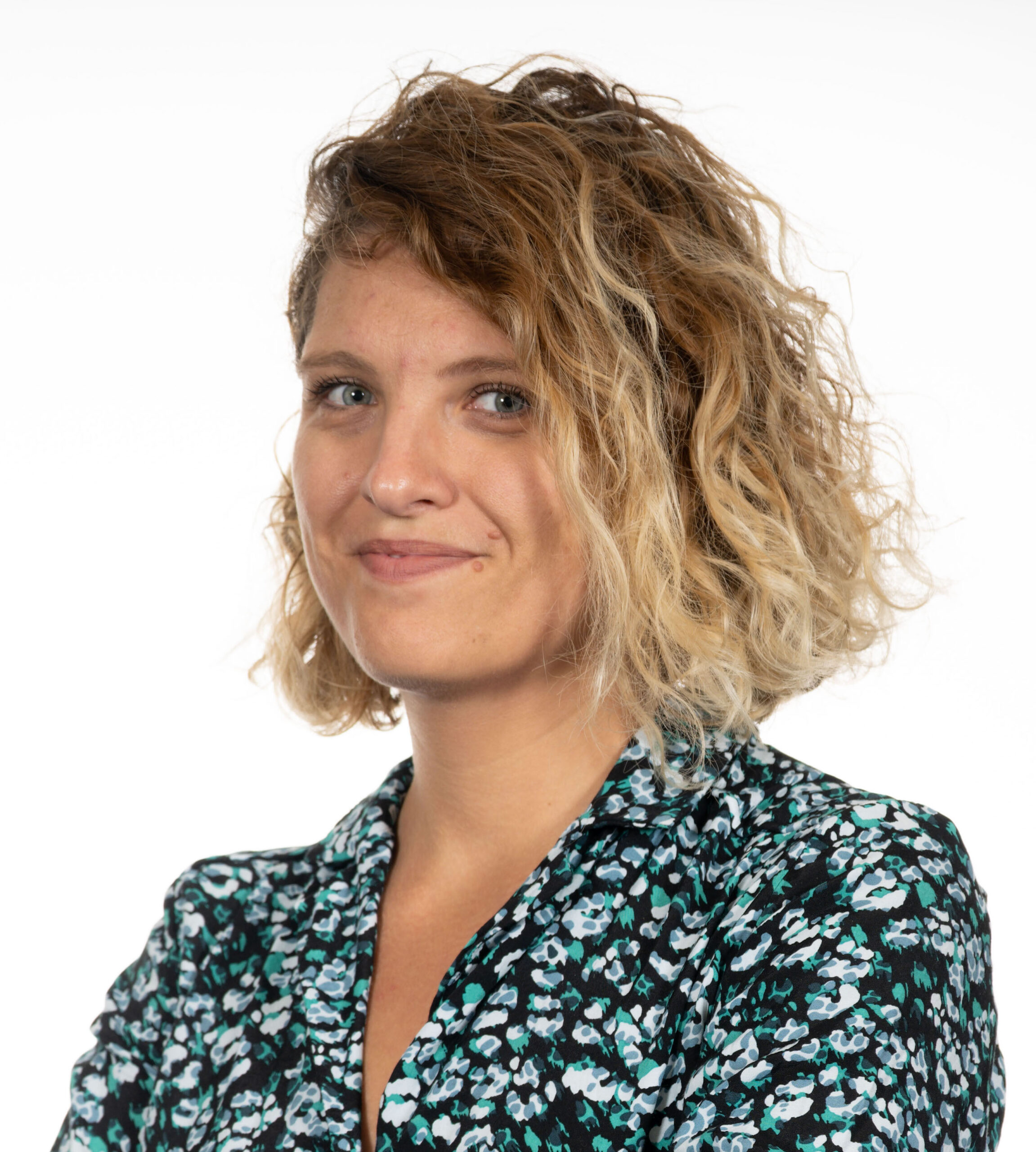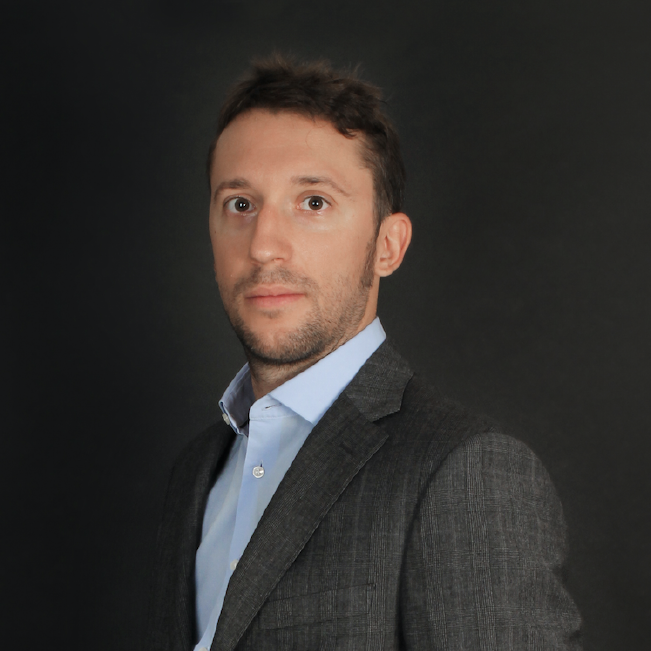
We are glad to announce the fifth edition of the Complexity72h workshop, which will take place in Madrid, Spain, in 24-28 June 2024.
Complexity72h is an interdisciplinary workshop for young researchers in complex systems. Participants form teams and carry out projects in a three days’ time, i.e. 72 hours. The goal of each team is to upload on the arXiv (or similar repositories) a report of their work by the end of the event. Previous editions were a success: 18 out of 18 projects have become arXiv preprints and new collaborations have been born. We are now back for the 2024 edition, which will take place in Madrid at Carlos III University of Madrid on June 24-28.

Alberto is an assistant professor at Carlos III University of Madrid. His research focus is on game theory, experimental economics, and complex systems.

Miguel is a Ph.D. candidate at Carlos III University in Madrid, and member of the Cross-Disciplinary Complex Systems Group (GISC). His research focuses on the assessment of the structure and dynamics of personal relationship networks. He develops data-informed mathematical models trying to gain insight into the defining characteristics of our fundamental social structure, as well as to unveil the underlying mechanisms that contribute to its formation and temporal evolution.

Giulia is a postdoctoral fellow at Georgetown University, Washington, DC, USA, in the Bansal Lab within the Biology Department. Giulia’s research activity is focused on modeling the spread of infectious diseases using behavioral and epidemiological data to provide insights into the mechanisms behind the pathogen’s geographical diffusion and for designing policy making for outbreak prevention and response.

Eugenio is a tenured researcher at the French National Institute of Health and Medical Research (INSERM). He is part of the Pierre Louis Institute of Epidemiology and Public Health (IPLESP), attached to INSERM and the Faculty of Health of Sorbonne Université, in Paris, France. Eugenio is an infectious disease epidemiologist with a background in theoretical physics. He develops data-rich mathematical models to study how infectious disease spread, in human and animal populations. Patterns of human mobility and mixing influence the likelihood of epidemic outbreaks, drive their evolution, and determine the condition for disease containment and elimination. Eugenio design theoretical models to combine data on human behavior and epidemiological data to understand epidemics, make scenarios, help guide public health interventions.